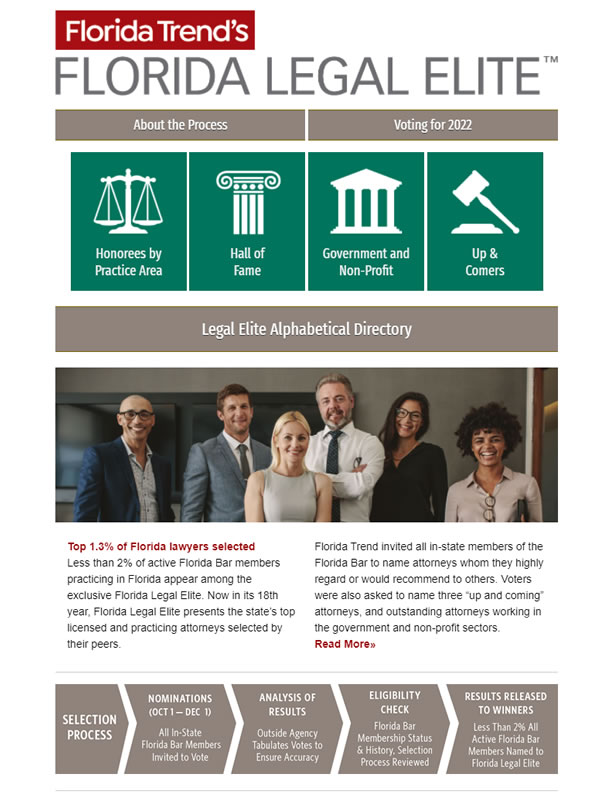Photo: Eileen Escarda
Patricia Cooper and her family
SHARE:
ALICE in Florida
The Homefront
Patricia Cooper is the first person in her family to wake up, opening her eyes well before sunrise in her home in Fort Lauderdale. She has many roles: As a wife to James, a mother to eight children ranging from ages 3 to 21 years old, a substitute teacher, high school swim coach, water safety instructor and an active participant in many of her children’s extracurricular activities including cheer, dance and band.
James works a maintenance job with the city of Fort Lauderdale and Patricia prides herself on her entrepreneurship, working in water safety since she was 16 years old, eventually juggling work and undergrad business classes and founding Pat’s Swimming Academy.
By 6:45 a.m., both parents are out the door and Patricia is shuttling her smaller children to four different area schools, one of which is the Jack & Jill Center, where her youngest, 3-year-old Chloe, will join her peers for the day.
Chloe is the third of her siblings to attend Jack & Jill, an early childhood education center that began as a nursery school offering childcare to women entering the workforce during World War II. The center has since expanded to offer wrap-around care, which includes financial help in the form of tuition scholarships and the Helping Hands Fund for families struggling with day-to-day expenses. “I call it temporarily broke. I’m also a homeowner as well, and property taxes keep going up every year,” Cooper says.
If they qualify, families can receive subsidies from the Early Learning Coalition to supplement the cost of tuition, but families above the poverty line typically do not. Cooper received a childcare subsidy but became ineligible after receiving a one-time Paycheck Protection Program loan for her business during the pandemic. The loan put her family over the threshold by $100 and left her scrambling to fill the gap or be faced with finding a different provider. Chloe now attends the program on scholarship and Cooper is reapplying for a subsidy.
“Everything is still going up,” Cooper says. “But we are going to work just the same.”
There isn’t much wiggle room for families; qualification limits are so low, they often must choose between working or getting assistance.
“Florida as a state has one of the six lowest eligibility thresholds in the United States … Because of the numbers, essentially two-parent households, by definition, are not eligible,” says Beth Houghton, CEO of the Juvenile Welfare Board of Pinellas County, which partnered with the Pinellas Early Learning Coalition to create scholarships to help families that don’t qualify for state subsidies. “If we could cover more parents, cover more families, that would make a big difference.”
Kate Byrne, executive director of the Early Learning Shared Services Alliance of Central Florida, leads an organization that works to support childcare centers in their business practices, hoping that might help more centers stay open in the long run.
The organization provides financial coaching and consultation for facilities often led by directors without financial training. “It's a constant conversation that we're having with them (clients) to sort of face the reality of these (federal) dollars are going away,” Byrne says.
Turnover Hurts
In 2022, the median annual earnings for a childcare worker in metro Orlando was $25,000, according to a 2023 report by the Helios Education Foundation, the Early Learning Coalition of Orange County and K-Ready Community Project.
Only 10% of Orlando-area jobs pay less and staff turnover an industry-wide problem. One-third of local providers have a closed classroom because of staffing shortages. More than half have waitlists, and 89% of providers identified staffing challenges as the top barrier to full enrollment at their facilities.
It’s a similar story across much of the state, and the churn comes with a steep price. Longtime child advocate Jack Levine, founder of the 4Generations Institute in Tallahassee, says turnover in the industry has lasting effects on the children at a developmentally critical time in their lives.
“If we look at the science, what the children who are being cared for need most is consistency,” Levine says. “They need trust, they need familiarity, they need to look at somebody's face and know them. And if there is a revolving door reality of those who are working in the profession, then we really are stealing away from that regularity of need for this system.”
Preschool workers are “among the lowest paid and highest turnover of all jobs in our community,” says Jack Levine, founder of the 4Generations Institute in Tallahassee. “The only category of worker that has larger turnover than early childhood workers are convenience store clerks."
























